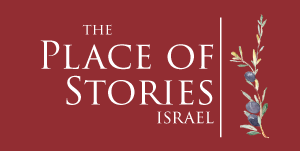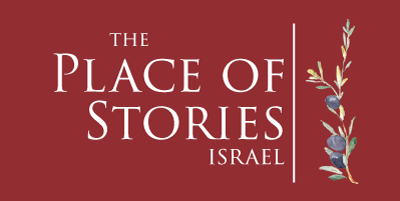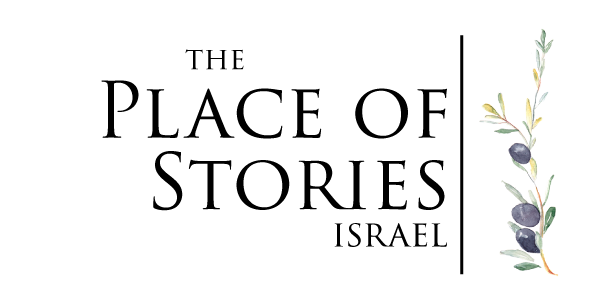Jerusalem Journal # 186
“This is your captain speaking. Sorry to awaken you. We have just received word from an airplane ahead of us that there is severe turbulence in our flight path. Flight staff, I need everyone in their seats with seat belts fastened, NOW! Secure all loose objects. Flight staff, I need you in your seats NOW!”
The wake-up call seemed like a harbinger of events to come as we sped our way through the night sky from New York to Tel Aviv. Nearly halfway through an eleven hour flight, having groggily watched THE SECOND BEST MARIGOLD HOTEL during a less than stellar excuse for an airplane meal, I had just dipped into that evasive zone of deep sleep as the buffeting and jostling began. In typical Gary-fashion he stayed awake to pray and stand (sit) guard while I fell fast asleep.
Hours later our airplane began the descent toward Ben Gurion Airport. Window shades, shuttered against rays of the rising sun we chased, were lifted as the “arrival ritual” of straining for the first glimpses of “The Promised Land” began; however, the scenery was quite different this time. No glimmering coastline, no sailboats, no Tel Aviv skyline. In fact, there was no scenery––what met the eye was a thick and ominous yellowish-brown soup into which we dipped like a spoon sliding to a stop on the bottom of a bowl.

While domestic flights were cancelled, ours arrived safely.
A roar of applause erupted from the passengers as we touched down, safely landing despite zero visibility. The captain’s farewell included, “On behalf of the entire flight crew we wish you a very happy New Year.” As The Cowardly Lion once remarked to Dorothy in THE WIZARD OF OZ classic, “Unusual weather we’re having, ain’t it?”
For us, September begins a new season in the land we have called home since the monumental shift of world psyche was brought into focus with the events of September 11th, 2001––a time when public consciousness of radical Islamic terrorism ratcheted exponentially higher and security measures changed our lives.
Cutting our way through the less-than-welcoming sandstorm on our drive to the Sea of Galilee stirred up mental dust clouds about the uncertain pall of the world stock markets’ precipitous jerks and jolts over the last few weeks, the Iran Deal ramifications for Israel and the world, the U.N. vote on raising the flag of Palestine and how that will affect “peace negotiations,” the European absorption of massive numbers of Muslim Syrian and Iraqi refugees, the horrific slaughter of Christians at the hands of Islamic radicals, and a building expectation that this “New Year,” the Biblical Jubilee year, may usher in an unprecedented flood of Jews immigrating to Israel because of anti-Semitism.
Opening the car door at our front gate that evening, we stepped into a 100-degree sauna where you could taste the thick film of fine sand/dust which covered every surface, chocking our trees and flowers, obscuring even the lights down the street which glowed eerily in the palpable haze.

Our fountain was dry and filled with dust.
Unexplainable to meteorologists, this sharav (sandstorm) has engulfed Israel for a week after creeping in from the deserts of Syria and Iraq. Storms of this sort rarely arrive from the northeast and especially during this season. They are typical of winter and spring, gusting up from Egypt in the south.
It is as though God Himself has cloaked the entire region in sackcloth and ashes. The nation of Israel has entered the Biblical holy days of Rosh Hashanah and Yom Kippur with introspection, repentance for the past year’s sins, and a collective lament over impending national calamities. We’re watching Putin put Russian boots on the ground in Syria, ISIS moving closer, while Iran’s ayatollahs proclaim “the Zionist Regime” is coming to an end with a pledge of fresh funds from the Iran Nuclear Deal to Hezbollah, whose arsenal is aimed in our direction.

Above the promise to Abraham, sackcloth drapes the ceiling of Abraham’s Tent at The Place of Stories
Sackcloth, woven in ancient times from goat or camel hair, was the garment of shepherds, prophets, and those who mourned or grasped the gravity of a national emergency and sought to cry out to God for help. King Hezekiah took the threat of ancient Assyria (modern day Iran) seriously and called his people to don sackcloth and ashes…and to repent. Are we once again at that place in God’s story? Is it time to buckle our seat belts for the severe turbulence ahead, assured that Our Captain holds the winds in His fist and knows our name? “Though I walk in the midst of trouble You preserve my life. You stretch out Your hand against the anger of my foes. With Your right hand You save me (Psalm 138:7).”
Subscribe to our Jerusalem Journal email here!






